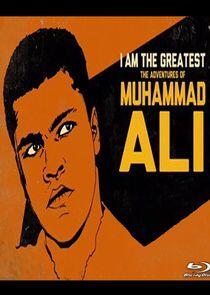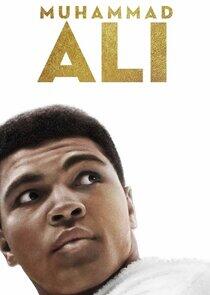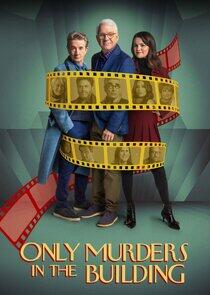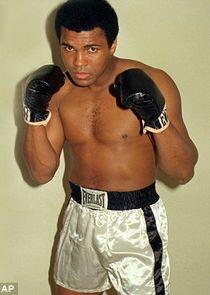
Muhammad Ali
Born and raised in Louisville, Kentucky, he began training as an amateur boxer at age 12. At 18, he won a gold medal in the light heavyweight division at the 1960 Summer Olympics and turned professional later that year. He joined the Nation of Islam in the early 1960s, but later disavowed it in the mid-1970s. He won the world heavyweight championship, defeating Sonny Liston in a major upset on February 25, 1964, at age 22. During that year, he denounced his birth name as a "slave name" and formally changed his name to Muhammad Ali. In 1967, Ali refused to be drafted into the military, owing to his religious beliefs and ethical opposition to the Vietnam War, and was found guilty of draft evasion and stripped of his boxing titles. He stayed out of prison while appealing the decision to the Supreme Court, where his conviction was overturned in 1971. He did not fight for nearly four years and lost a period of peak performance as an athlete. Ali's actions as a conscientious objector to the Vietnam War made him an icon for the larger counterculture of the 1960s generation, and became a prominent, high-profile figure of racial pride for African Americans during the civil rights movement and throughout his career.
He fought in several historic boxing matches, including his highly publicized fights with Sonny Liston, Joe Frazier (including the Fight of the Century, the biggest boxing event up until then), the Thrilla in Manila, and his fight with George Foreman in The Rumble in the Jungle. Ali thrived in the spotlight at a time when many boxers let their managers do the talking, and he became renowned for his provocative and outlandish persona. He was famous for trash-talking, often free-styled with rhyme schemes and spoken word poetry, and has been recognized as a pioneer in hip hop. He often predicted in which round he would knock out his opponent. As a boxer, Ali was known for his unorthodox movement, fancy footwork, head movement, and rope-a-dope technique, among others.
Outside boxing, Ali attained success as a spoken word artist, releasing two studio albums: I Am the Greatest! (1963) and The Adventures of Ali and His Gang vs. Mr. Tooth Decay (1976). Both albums received Grammy Award nominations. He also featured as an actor and writer, releasing two autobiographies. Ali retired from boxing in 1981 and focused on religion, philanthropy, and activism. In 1984, he made public his diagnosis of Parkinson's syndrome, which some reports attributed to boxing-related injuries, though he and his specialist physicians disputed this. He remained an active public figure globally, but in his later years made fewer public appearances as his condition worsened, and was cared for by his family.
Biography from the Wikipedia article Muhammad Ali. Licensed under CC-BY-SA. Full list of contributors on Wikipedia.
Known For
Recently Updated Shows
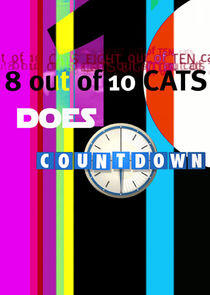
8 Out of 10 Cats Does Countdown
Jimmy Carr hosts as Sean Lock and Jon Richardson play the words and numbers game.

Watson
In Watson a year after the death of his friend and partner Sherlock Holmes at the hands of Moriarty, Dr. John Watson resumes his medical career as the head of a clinic dedicated to treating rare disorders. Watson's old life isn't done with him, though — Moriarty and Watson are set to write their own chapter of a story that has fascinated audiences for more than a century. Watson is a medical show with a strong investigative spine, featuring a modern version of one of history's greatest detectives as he turns his attention from solving crimes to addressing the greatest mystery of all: illness, and the ways it disrupts our lives.

Wild Cards
Wild Cards follows the unlikely duo of a gruff, sardonic cop and a spirited, clever con woman. Ellis, a demoted detective, has unfortunately spent the last year on the maritime unit, while Max has been living a transient life elaborately scamming everyone she meets. But when Max gets arrested and ends up helping Ellis solve a local crime, the two are offered the opportunity to redeem themselves, with Ellis going back to detective and Max staying out of jail. The catch? They have to work together, with each using their unique skills to solve crimes. For Ellis, that means hard-boiled shoe leather police work; for Max, it means accents, schemes and generally befriending everyone in sight, while driving Ellis absolutely nuts. Against the backdrop of beautiful Vancouver — with all its unique, charming, and even contradictory neighbourhoods and subcultures — the two will have to learn what it means to trust another person and maybe actually become partners.

When Calls the Heart
When Calls the Heart is inspired by Janette Oke's bestselling book series about the Canadian West, the series tells the captivating story of Elizabeth Thatcher, a young teacher accustomed to her high society life, who receives her first classroom assignment in Coal Valley, a small coal mining town where life is simple, but often fraught with challenges. Upon arrival, Elizabeth befriends Abigail Stanton, a wife and mother whose husband, the foreman of the mine, along with a dozen other miners, has just been killed in an explosion. The newly widowed women find their faith is tested when they must go to work in the mines to keep a roof over their heads. Set against the wild canvas of a 19th century coal town, Elizabeth will have to learn the ways of the frontier if she wishes to thrive in the rural west on her own.
